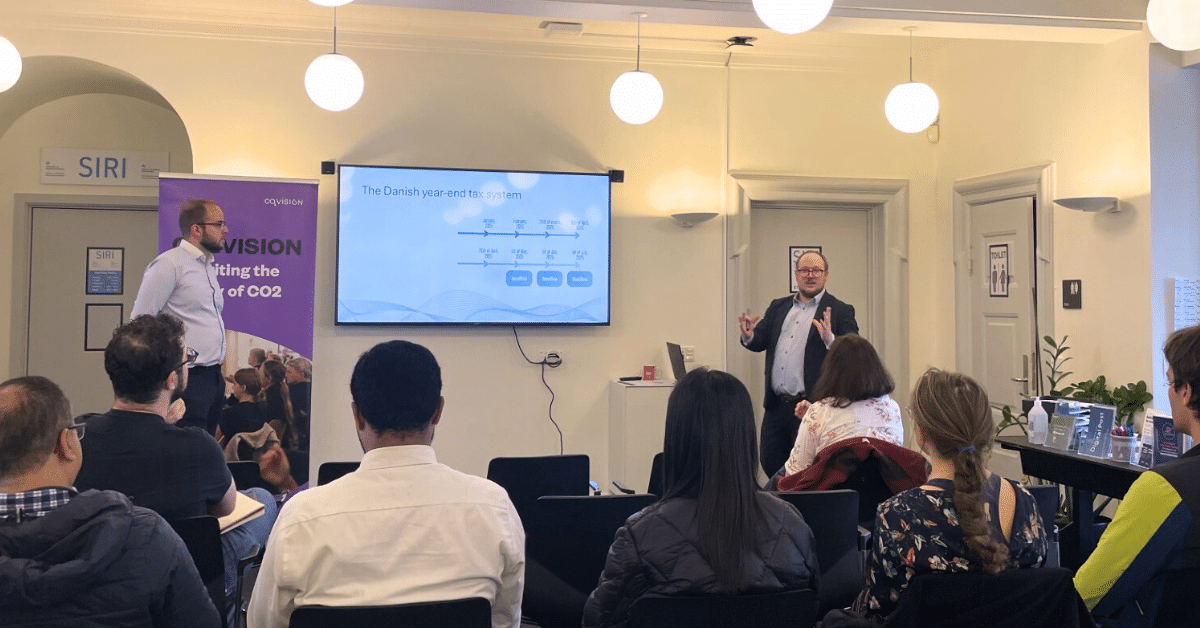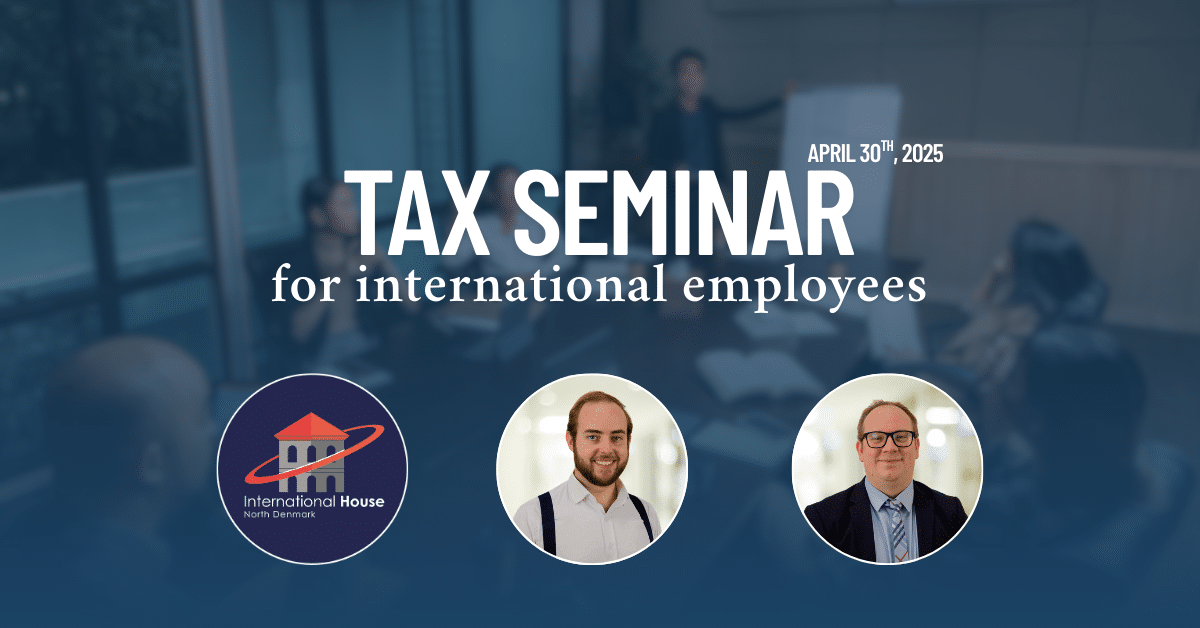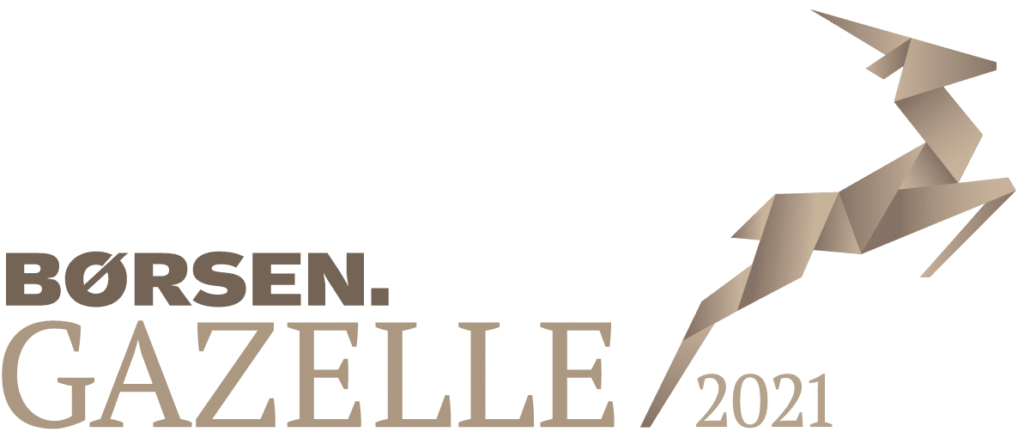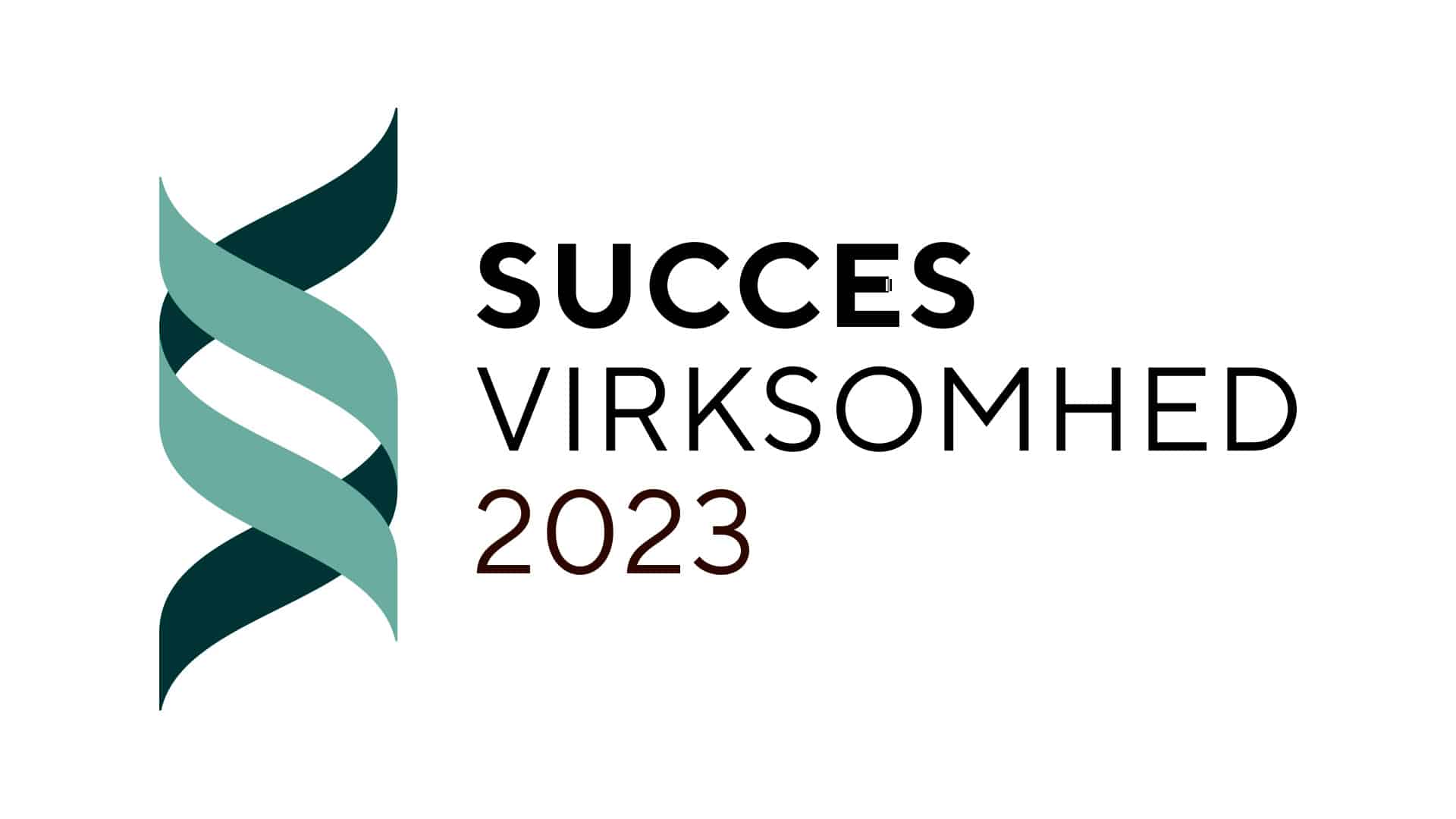This updated agreement aims to simplify tax regulations, reduce administrative burdens, and accommodate the increasing prevalence of remote work.
Simplified Taxation Rules
Taxation Based on Employer Location
One of the key changes is that cross-border workers will primarily be taxed in the country where their employer is based, regardless of whether the work is carried out in that country or remotely from their home country. This means that if you live in Sweden but work for a Danish company, you will be taxed in Denmark, provided you work there for at least 50% of your working days over a 12-month period.
Public-Sector Employees Included
The new agreement also extends to public-sector employees, allowing them to work from home without facing double taxation. This aligns their tax treatment with that of private-sector employees.
Flexibility for Remote Workers
Work from Any Location
Under the new rules, cross-border workers can perform their duties from any location within their home country, such as co-working spaces or cafés, and still qualify for tax exemptions. This flexibility is designed to accommodate the modern work environment
Extended Calculation Period
The period for determining where work is primarily performed has been extended from three months to twelve months. This change offers greater flexibility and ensures that workers are not penalised for short-term changes in their work location.
Additional Changes and Benefits
Pension and Student Grants
The new Øresund Agreement introduces other rule changes as well. For instance, individuals living in Sweden with pension savings in Denmark will now have to pay a 15.3% tax on their pension yield. Additionally, Danish student grants (SU) received by Swedish residents will be taxed in Denmark, while Swedish student grants received by Danish residents will no longer be taxed in Denmark.











